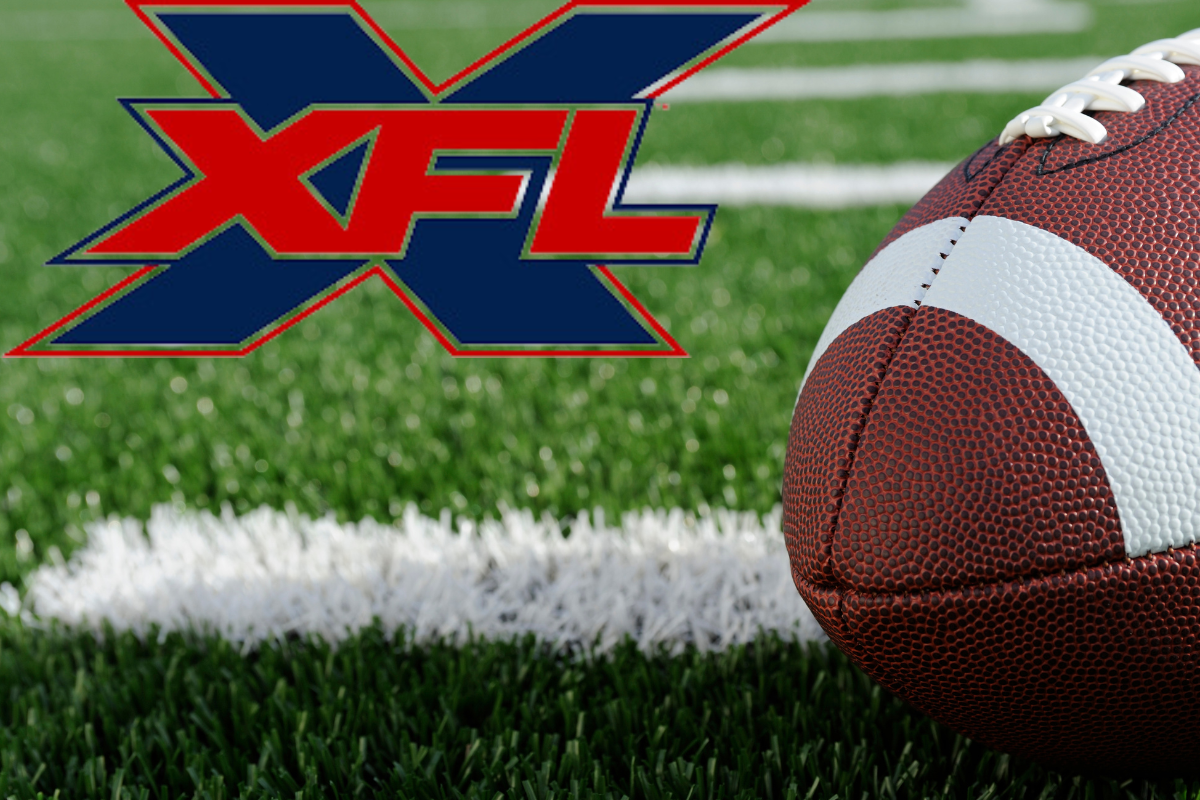
In the high-stakes world of professional football, the National Football League (NFL) and the XFL have carved out significant niches, impacting the economy in more ways than one might imagine. From broadcasting deals to merchandise sales, and from employment opportunities to city revenues, these leagues play a crucial role in the economic landscape. Their influence extends into sectors such as tourism, urban development, and even international trade, as they foster global fan bases and business partnerships.
Broadcasting Rights and Media Deals: A Lucrative Game
The NFL has long been a titan in the realm of sports broadcasting, with lucrative television contracts that bring billions of dollars into the league each year. These deals not only boost the league’s revenues but also provide a significant source of income for broadcasters and advertisers. The XFL, though newer and smaller in scale, has also begun to tap into this market, offering an alternative to traditional NFL seasons. For instance, their recent broadcasting agreements have shown promising potential in diversifying the sports media landscape.
Merchandising: More Than Just Jerseys
Merchandise sales represent a vital component of the leagues’ economic impact. Fans around the world don NFL jerseys, caps, and other memorabilia, contributing to a multi-million-dollar industry. The XFL, with its unique brand and team identities, also taps into this market, creating a new avenue for sports merchandise. Interestingly, online platforms such as btc gambling DuckDice, have even started to integrate sports betting, further expanding the economic reach of pro football.
Economic Ripple Effects: Cities and Communities
If a city has an NFL or XFL team, this can have profound implications on the local economy. Stadiums attract thousands of fans and generate high returns for local businesses, hotels and eating-places. Furthermore, the building and maintaining of these stadiums provide jobs thereby developing the infrastructure of the city. Cities that host big events such as the Super Bowl reap a lot from it; this is evidence of the far-reaching effects of pro football.
Employment Opportunities: Beyond the Field
While players and coaches are the most visible jobs in the NFL and XFL, these leagues create numerous employment opportunities beyond the field. From marketing and sales to event management and broadcasting, the leagues offer a variety of careers. This aspect of the industry often goes unnoticed but is essential in understanding the full economic impact of professional football.
Innovation and Growth: Looking to the Future
Both the NFL and XFL are at the forefront of sports innovation. The NFL’s embrace of technology in game-play and fan engagement, and the XFL’s experimental rules and fan-focused approach, show how these leagues are constantly evolving. This continuous growth not only keeps the game interesting but also opens up new economic avenues, from tech partnerships to global expansion.
The economic influence of the NFL and XFL extends far beyond the thrill of the game. These leagues contribute significantly to the economy through broadcasting deals, merchandise sales, local economic boosts, employment opportunities, and ongoing innovation. As they continue to evolve, their economic footprint is likely to expand, offering new opportunities and challenges in the dynamic landscape of professional sports. Beyond financial metrics, these leagues also enrich cultural and social dynamics, uniting diverse audiences and fostering community spirit across regions.
Unleash the Action: Sign up for XFL Insider and Fuel Your Passion for Football!
Mark Perry, a devoted sports journalist and founder of XFL News Hub, has been a key figure in XFL coverage since its 2018 revival. Launching XFL News Hub soon after the league's return announcement, Mark has established the platform as a primary source for comprehensive XFL updates. Renowned for his in-depth knowledge and commitment to sports journalism, Mark actively engages the XFL community, welcoming interactions at [email protected].

USFL and XFL Merger: A Deep Dive into the Historic Collaboration
Latest Podcast
-


XFL Podcast
/ 1 year agoXFL-USFL Merger Insights: Houston’s Future, Draft News, Player Movement – Ep. 216
Welcome to Episode 216 of the “XFL Week In Review,” your premier destination for...
By Mark Perry





